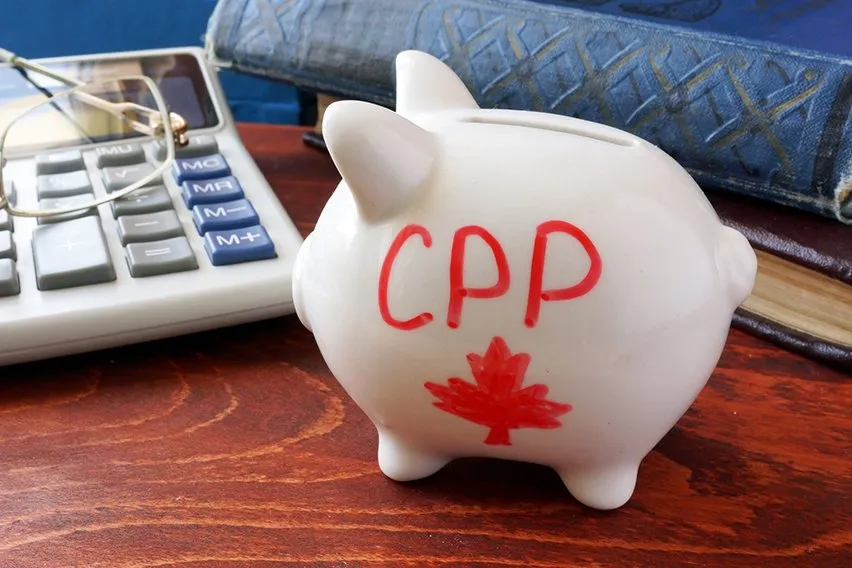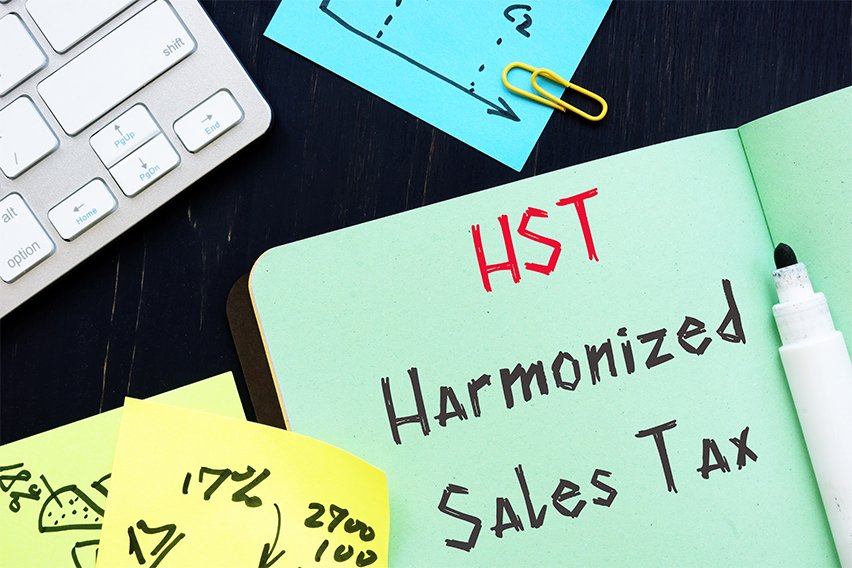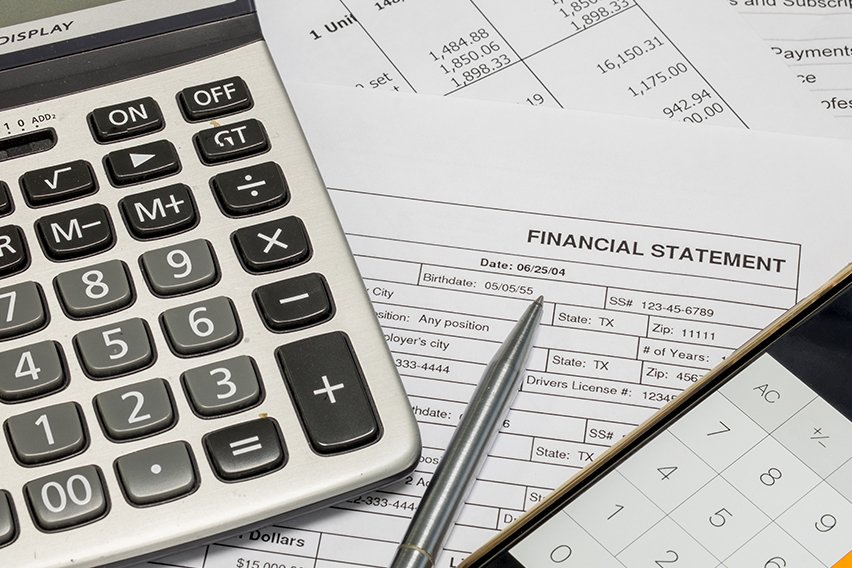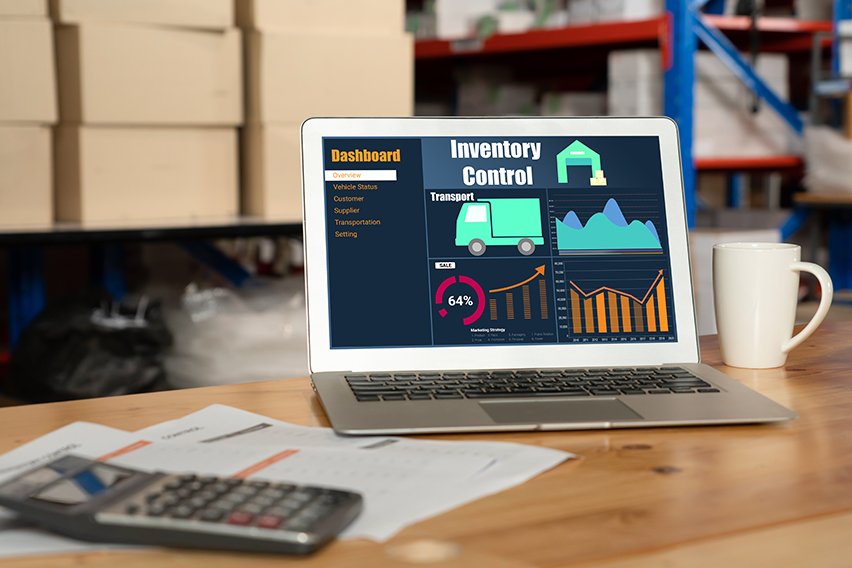How to Calculate CPP (Canada Pension Plan)

No matter what stage of life you are in, it’s always a good idea to look towards your future.
That’s why it’s important to make sure that you are regularly contributing towards your pension plan throughout your working life.
Different countries have different pension plans. In Canada, you will be using the CPP, or the Canada Pension Plan.
But what exactly is the Canada Pension Plan? And how can you calculate yours?
We’ll take a closer look at the inner workings of the CPP and give you some methods so that you can accurately calculate your pension plan.
Here’s What We’ll Cover:
What is CPP in Canada?
The Canada Pension Plan, or CPP, is a retirement pension fund set up in Canada. It is a monthly, taxable benefit that works the same as any other pension. It replaces a part of your income when you eventually come to an age where you decide to retire.
If you qualify for the CPP, then the CPP retirement pension will be available to you for the rest of your life.
In order to qualify for the CPP, you must:
- Be at least 60 years old
- Have made at least one singular valid contribution to the CPP
To count as a valid contribution, it must have been from work that you did in Canada. It can also be as a result of receiving credits from a former spouse or former common-law partner at the end of the relationship.

How Can You Receive the CPP?
CPP payments are not automatically given out to you. You must first apply with the Government of Canada. You should also apply in advance of when you want to actually start receiving your pension as it can take some time to come through.
The goal of the Government is to start CPP retirement pension payments within the month of the start date that you choose.
How Much Can I Receive?
The amount of money that you receive each month from your pension is based on the average amount of money that you’ve made throughout your working life. It also depends on your contributions that you’ve made to the CPP and what age you decide to start your pension payments.
The amount that you contribute to the CPP is also based upon how much you earn.
The standard age to start receiving your pension is 65 years old. However, you can start receiving your pension as early as age 60 or as late as age 70. This of course depends on how long you want to stay a full-time worker.
If you decide to retire early and start drawing from your pension, then the amount that you receive on a monthly basis will be smaller. However if you decide to retire further into your 60s or even when you are 70, the amount you’ll receive monthly will be larger.
There is no added benefit towards waiting until after you are 70 to start receiving your pension. This is because the maximum monthly amount that you can receive is reached when you turn 70.
In 2021, the average monthly amount received from a pension is $619.55. The maximum monthly amount that you could receive as a new recipient at the age of 65 is $1,203.75.
How to Calculate CPP
Almost all employees will pay into the Canada Pension Plan at a rate of 5.10%. This amount is then matched exactly by the employee’s employer. This is on wages earned between a minimum of $3,500 and a maximum of $57,400.
The lower end of the wages earned is known as the basic exemption, whilst the maximum is known as the wage cap.
To calculate your CPP, you will need to follow the following three steps:
- Determine the taxable gross pay
This will be all pay types. Except reimbursement and your registered retirement savings plan company contributions. - Subtract the basic exemption for one period
This number will depend on your pay schedule - Multiply this number by the CPP rate
This rate is currently 5.10% which as a multipliable decimal is 0.051.
The number you are left with should be your CPP.
Are There Other Benefits Available?
In addition to receiving the CPP retirement pension, you can also qualify for other CPP benefits. These benefits would also need to be applied for. They include:
- Disability pension
- Death benefit
- Post-retirement benefit
- Post-retirement disability benefit
- Survivor’s pension
- Children’s benefit

Are There Situations That Can Affect Your Pension Amount?
Any factors that can affect your pension amount will automatically be considered by the Government when they are calculating your CPP retirement pension amount. However, this is only possible if you have accurately provided all the required information in your application.
Situations that may affect your pension amount can include:
Working While Receiving Your CPP Retirement Pension
You can qualify for the CPP Post-retirement benefit if you work whilst receiving your CPP retirement pension. But you have to be under the age of 70 and are still making contributions.
Each year that you continue to contribute to the CPP means that you will get an additional post-retirement benefit. This then increases your retirement income. This will automatically be paid to you the following year.
These contributions will stop when you reach the age of 70, even if you are still working.
Contributions After Age 65
If you continue to work after you turn 65 and aren’t receiving the CPP retirement pension, then any periods where you earned a lower amount of money before the age of 65 will automatically be replaced with periods of higher earnings after the age of 65.
This in turn will increase your overall pension amount.
Periods of Low or No Salary
The Canadian Government automatically excludes up to eight years of your lowest earnings. This is when calculating the base of your CPP retirement pension.
It is calculated by using your best 40 years of earnings.
Periods of Raising Children
During periods of time where you were caring for children under the age of 7 you can claim child-rearing provisions. This is to help increase your CPP benefits.
Periods of Disability
Any month in which you received a disability payment will not be included in the calculation of your CPP benefits. This increases your CPP retirement pension and may help you to qualify for other benefits.
Pension Sharing
It is possible to share your pension with your spouse or your common-law partner. Sharing a pension can help to lower your taxes in retirement by decreasing your taxable income.
Divorce or Separation
If you separate or divorce then you can split your CPP contributions equally between you and your spouse or common-law partner. This is done through credit splitting.
Key Takeaways
As we previously said, no matter where you are in your working life it’s a good idea to look to the future.
Calculating and understanding the CPP pension plans means that you can accurately plan for when the time comes for you to retire.
Are you looking for more business advice on everything from starting a new business to new business practices?
Then check out the FreshBooks Resource Hub.
More Useful Resources
RELATED ARTICLES

 How to Calculate HST for Small Businesses
How to Calculate HST for Small Businesses What are Pro Forma Financial Statements?
What are Pro Forma Financial Statements? What Is a Weighted Decision Matrix & How Do You Use It?
What Is a Weighted Decision Matrix & How Do You Use It? What Are Pricing Strategies & 8 Common Strategies for Business
What Are Pricing Strategies & 8 Common Strategies for Business What Is Inventory Management? A Guide to Techniques & Methods
What Is Inventory Management? A Guide to Techniques & Methods